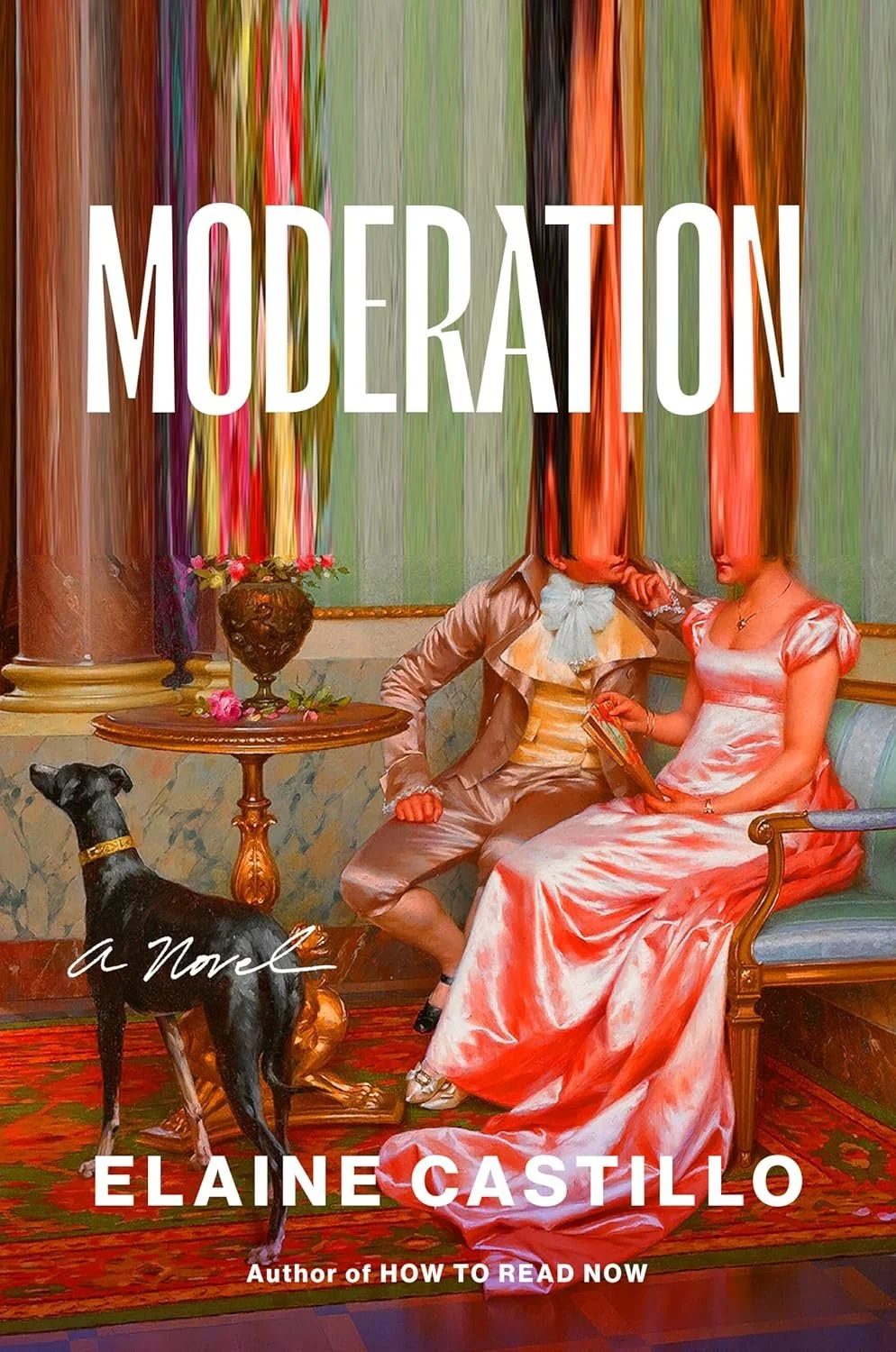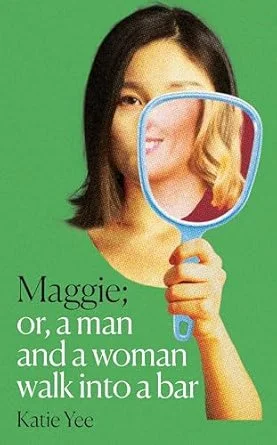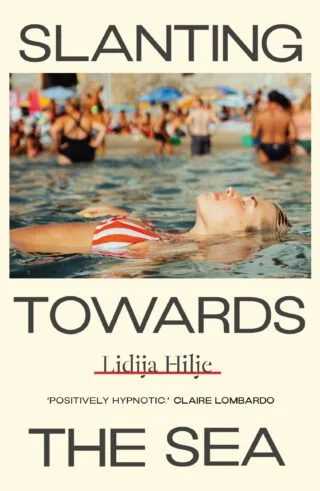Hay 2023 Picks: Rebecca F. Kuang in Conversation with Kirsty Lang
“You can tell this book was written by someone not in a very good place mentally”
Rebecca F. Kuang is a young and radiant American literary success; at only 26, she has already published five books, two of which have been best-sellers. Her latest, Yellowface, was the topic of her and Kirsty Lang’s compelling and enriching conversation on a sunny Sunday at Hay Festival, set under the striped circus-like canopy of The Hive tent. The venue was packed, and it was obvious there were some die-hard Kuang fans in the audience: her 2022 fantasy book Babel received a cult following and, similarly, Yellowface has already amassed a loyal and enthusiastic fan base online. Rebecca's voice is one that is sharp, witty and satirical – characteristics that seem to have been transferred into her latest piece of fiction.
Yellowface is a darkly comic and razor-sharp satire bubbling with white privilege, ambition and jealousy, cynically and candidly exploring and casting shade on the publishing world. Athena Liu is a literary darling and June Hayward is a nobody. When Athena dies in a freak accident, June steals her unpublished manuscript and publishes it as her own under the pseudonym Juniper Song. But, as evidence threatens June’s stolen success, she discovers exactly how far she will go to keep what she thinks she deserves.
‘You can tell this book was written by someone not in a very good place mentally’, Rebecca jokes, revealing that this was a novel that came out of lockdown, and perhaps too much time spent online. To paraphrase Kuang, jealousy is not something we like to talk about much as a society but is very much present in all of us. Her character Athena has it all – literary success, beauty, fame – and it is clear there are those authors Kuang must consider with envy and admiration in the same vein, although she did refuse to give names.
But watching Rebecca speak so eloquently and intelligently, it struck me that she too seems to have it all. A sentiment that only goes to echo how we are all consumed by our own flaws, and always comparing ourselves to someone ‘better’ than us. This impulse to always compare ourselves to others is only accentuated by social media, which became a large topic of conversation. Rebecca spoke of the expectations publishers now place on authors to be public and online figures, and the problems that arise with that fact, including death threats, for one – a problem Rebecca relayed that a lot of female writers also encounter. Publishers seem to have offered little support or protection in this realm, although perhaps this is changing with more first-time authors now receiving media training. Authors can amass huge followings, and a lot of pressure comes with that platform and voice. She quipped that Joyce Carol Oates, ‘really just needs to get off Twitter’.
The conversation evolved into Kuang’s navigation of the publishing world as a young female. ‘I was scared of my own shadow’ she states, a sentiment that has made her struggle to raise her own voice in the past. When the Black Lives Matter movement came into full throttle following the murder of George Floyd, Rebecca sparked difficult yet vital conversations with her publishers, particularly surrounding her concerns of being a token Asian writer for them. Her relationship with HarperCollins has since evolved, particularly as she has come into her own, and she has stuck with them through it all.
Identity co-opting was at the forefront of the dialogue and how the publishing world treats BIPOC, or BAME, authors. Lang asked her what it meant for her to write a white author – ‘cultural appropriation, right?’ she jibed. Forcing people to only tell their own stories, i.e., ones based on their cultural and ethnic background, is another way of marginalising non-white voices and pigeonholing people, Rebecca argued. As she said, it has ‘spiralled into this really strict and reductive understanding of race’.
She continued, ‘We also know from industry reports year after year that the number of BIPOC authors being published hasn’t really budged since the 70s; you can historically trace the years in which the number of Black authors being published in the US spiked to the years in which Toni Morrison was an acquiring editor, which is very depressing’.
‘How do you pick your publishers?’, we asked her in a Q&A held at the end of the conversation. ‘Money’ she stated candidly. Rebecca’s forthrightness was refreshing. She’s clearly not afraid to be open about the industry, acting as a helping hand to other young authors in the position she was once in.
Editorial Picks




